Get off gas in
a single day!
Join the clean energy revolution.
Make the healthy choice for you and the planet!
Heating, cooling, & fresh air at your fingertips
Anzen’s innovative technology provides forced hot and cold air, while in heating mode, it also utilizes natural convection through the front panel, with surface temperatures reaching up to 50°C.
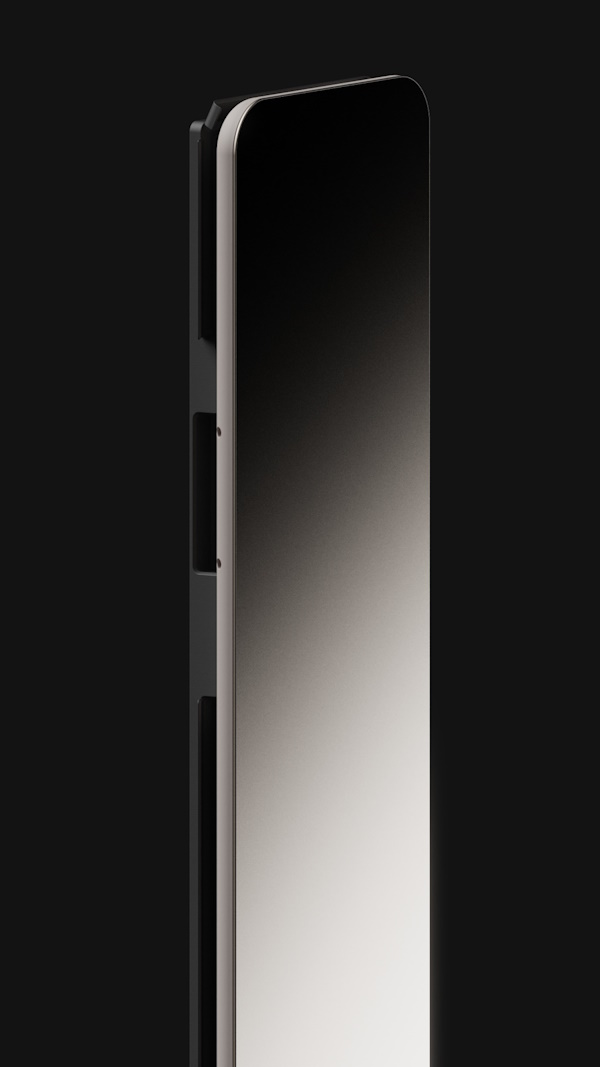
Retrofit in a single day
With our versatile plug-and-play units, you can install in each room with a 10 cm hole punch, and a simple bracket, and simply hang it onto the wall. The whole process can be taken care of by a local electrician within 2 hours.
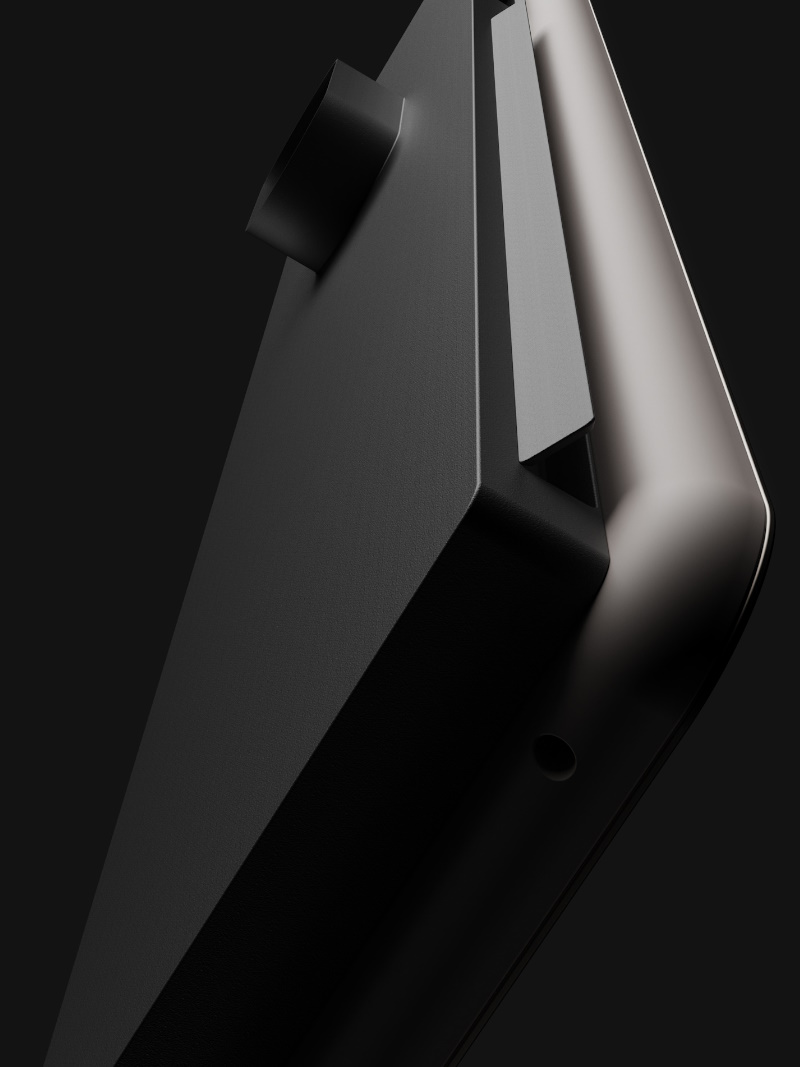
Intuitive room-to-room controls
Each Anzen unit adjusts the indoor climate based on your room’s usage. You can choose to heat the room intermittently or set a schedule that aligns with your routine.
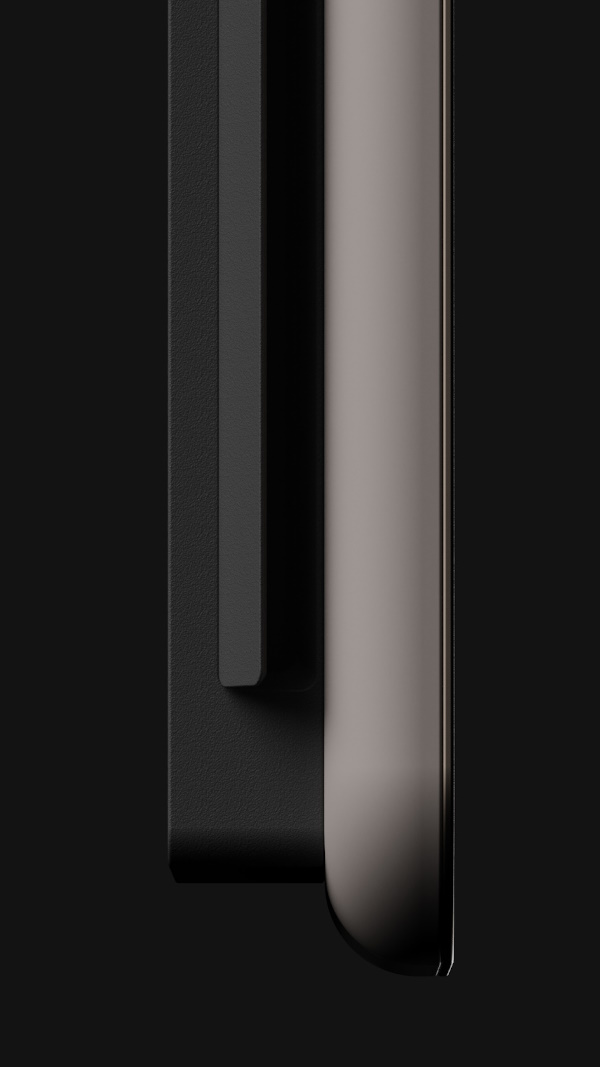
We use no refrigerants, no noisy compression systems,
no outdoor unit, instead
we use Thermoelectrics.
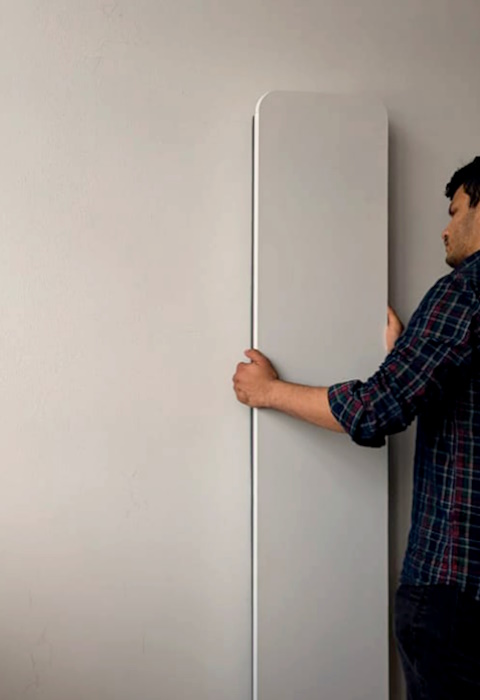
Installation Guide
The 2-hour installation process that doesn’t disrupt your home aesthetics, rather enhances it. We also offer training programs for installers.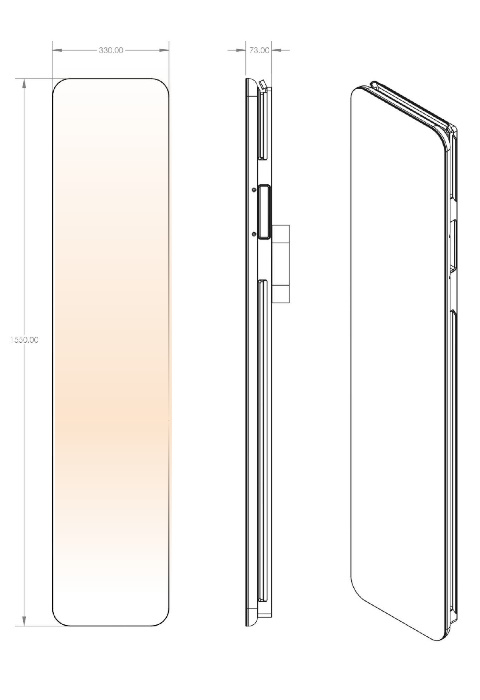
Technical Document
Detailed Product Specifications. Check out how we can match any of your heating and cooling requirements.

CPDs
We offer a range of CPDs that cover Anzen’s solid-state system design and specifications for different applications.Anzen is a holistic climate control system curated for each room of your home. Enjoy intuitive controls for heating and cooling with constant fresh air.
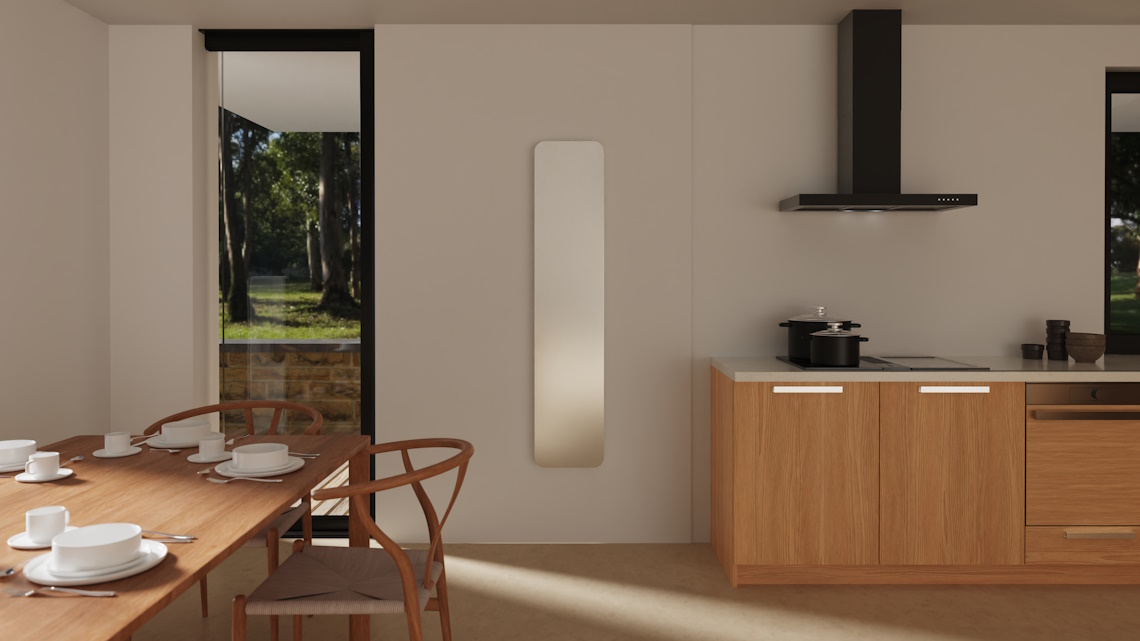
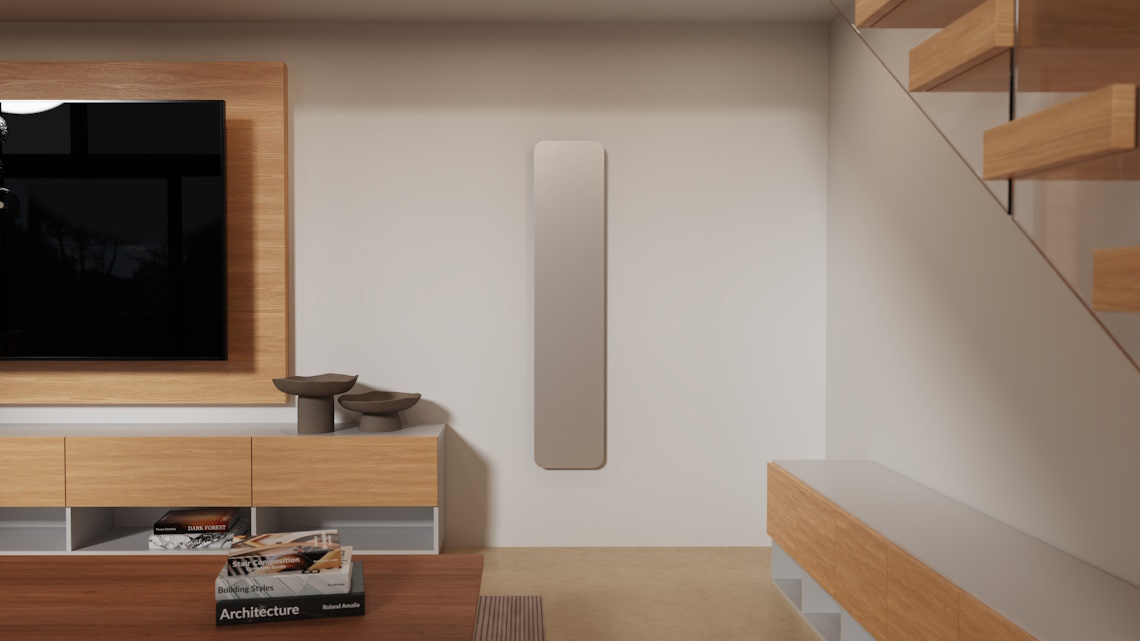
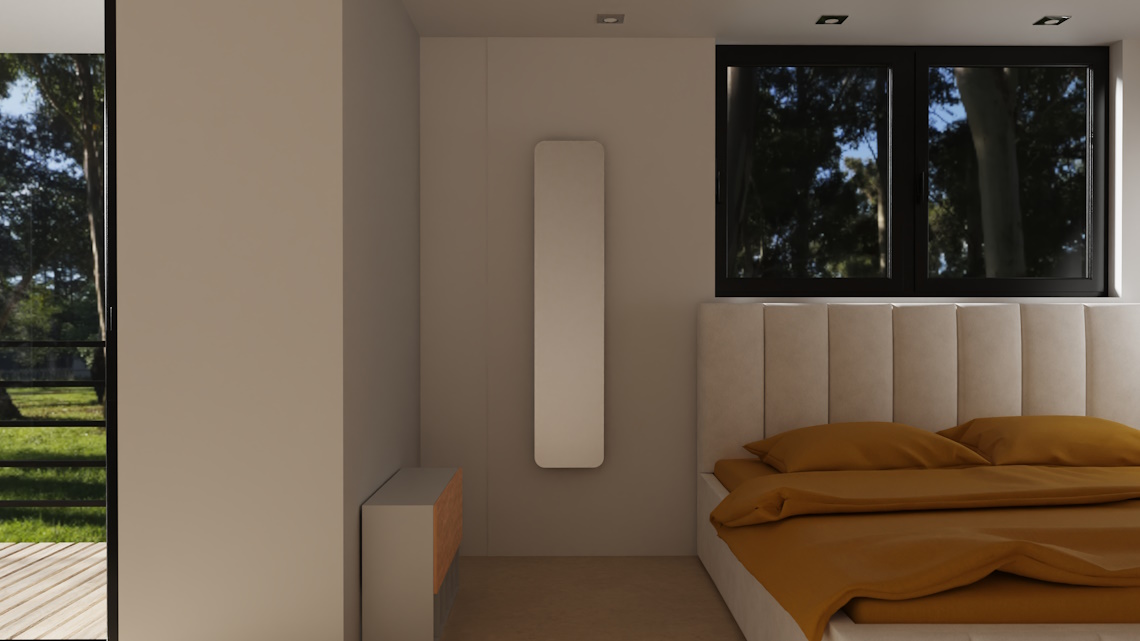
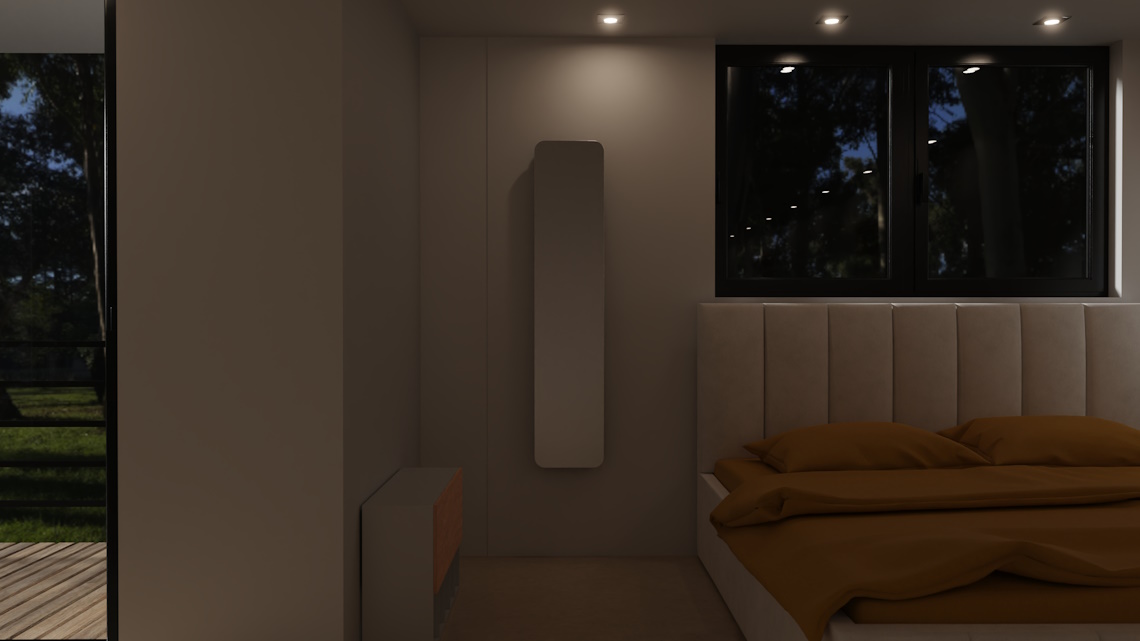
Frequently Asked Questions About Anzen's
Innovative
Cost-Effective
Solid-State
Heating Solutions
With our design, all it takes is less than a day to retrofit! We have partnered with the UK’s leading heat pump installers to help you make the clean energy shift tirelessly.
It works differently from conventional systems. It offers both forced-air heating and radiator-style natural convection.
Yes, of course. Fill the form below and you will hear back from us shortly.
If you’re currently using an electric panel or storage heater, switching to a solid-state heat pump can help reduce your energy bills, offering efficiency greater than 100%. We’ll share more detailed insights once our testing reports are published.
Anzen is best suited for flats, maisonettes, terraced homes, and other space-constrained homes, but no matter what building type you have, Anzen can still help you! Start with just one room and experience the difference for yourself.
Send us your questions at contact@anzenwalls.co.uk
Anzen is on a mission to retrofit
hard to decarbonise
homes in the UK
Supported By





Reach out to become a pilot customer and
partner with us to accelerate decarbonisation!
